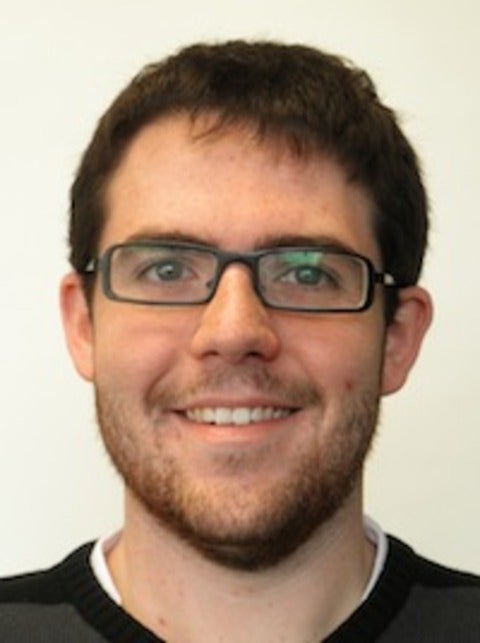Colloquium: William Oliver
Quantum Engineering of Superconducting Qubits
William Oliver, Massachusetts Institute of Technology
Superconducting qubits are coherent artificial atoms assembled from electrical circuit elements and microwave optical components. Their lithographic scalability, compatibility with microwave control, and operability at nanosecond time scales all converge to make the superconducting qubit a highly attractive candidate for the constituent logical elements of a quantum information processor.

 John Donohue of the Department of Physics and Astronomy is defending his thesis:
John Donohue of the Department of Physics and Astronomy is defending his thesis: